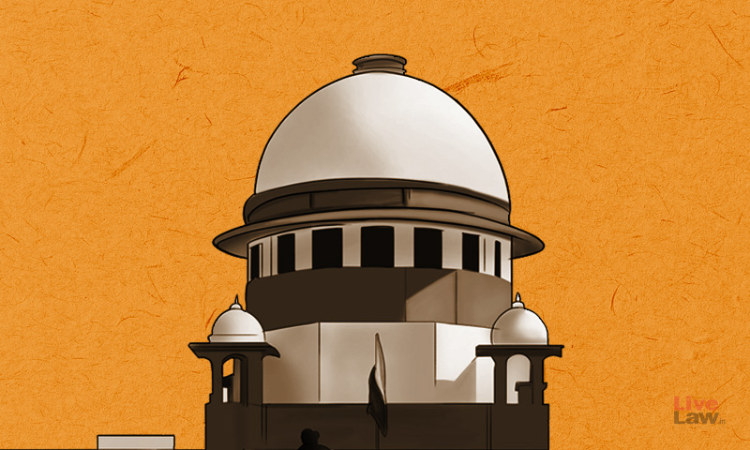- Home
- /
- Know the Law
- /
- Doctrine Of Proportionality - An...
Doctrine Of Proportionality - An Explainer
Saransh Sharma
15 Aug 2020 10:13 AM IST
The idea of doctrine of proportionality appears first in Aristotle's Nicomachean Ethics, Book 8. Proportionately measures distributive justice in Aristotle's schema. Aristotle's concept, in short, can be said to be of 'recta ratio', that is, Right reason or the right relationship between the state and the citizen, adjudicated by the rule of law.Doctrine of proportionality finds its...
Next Story



